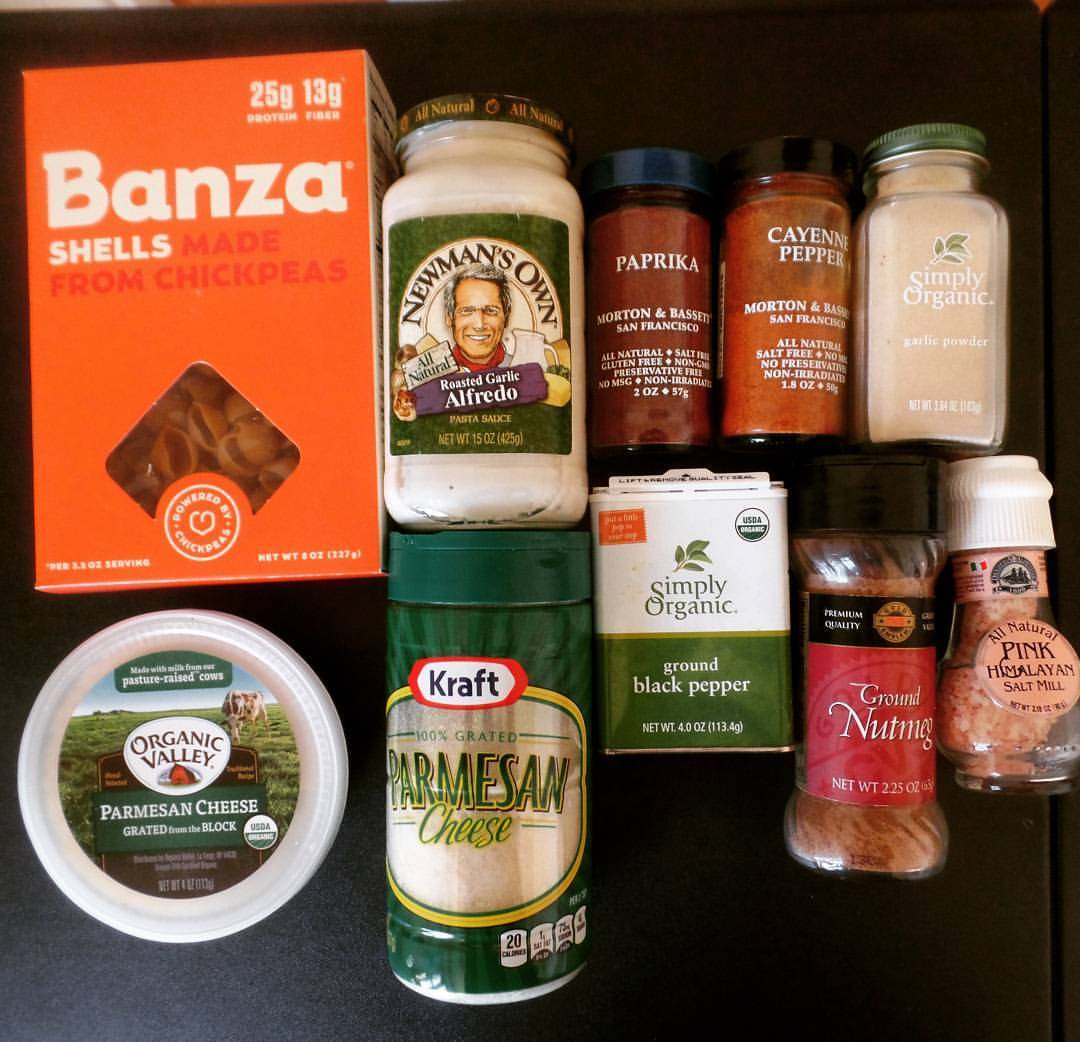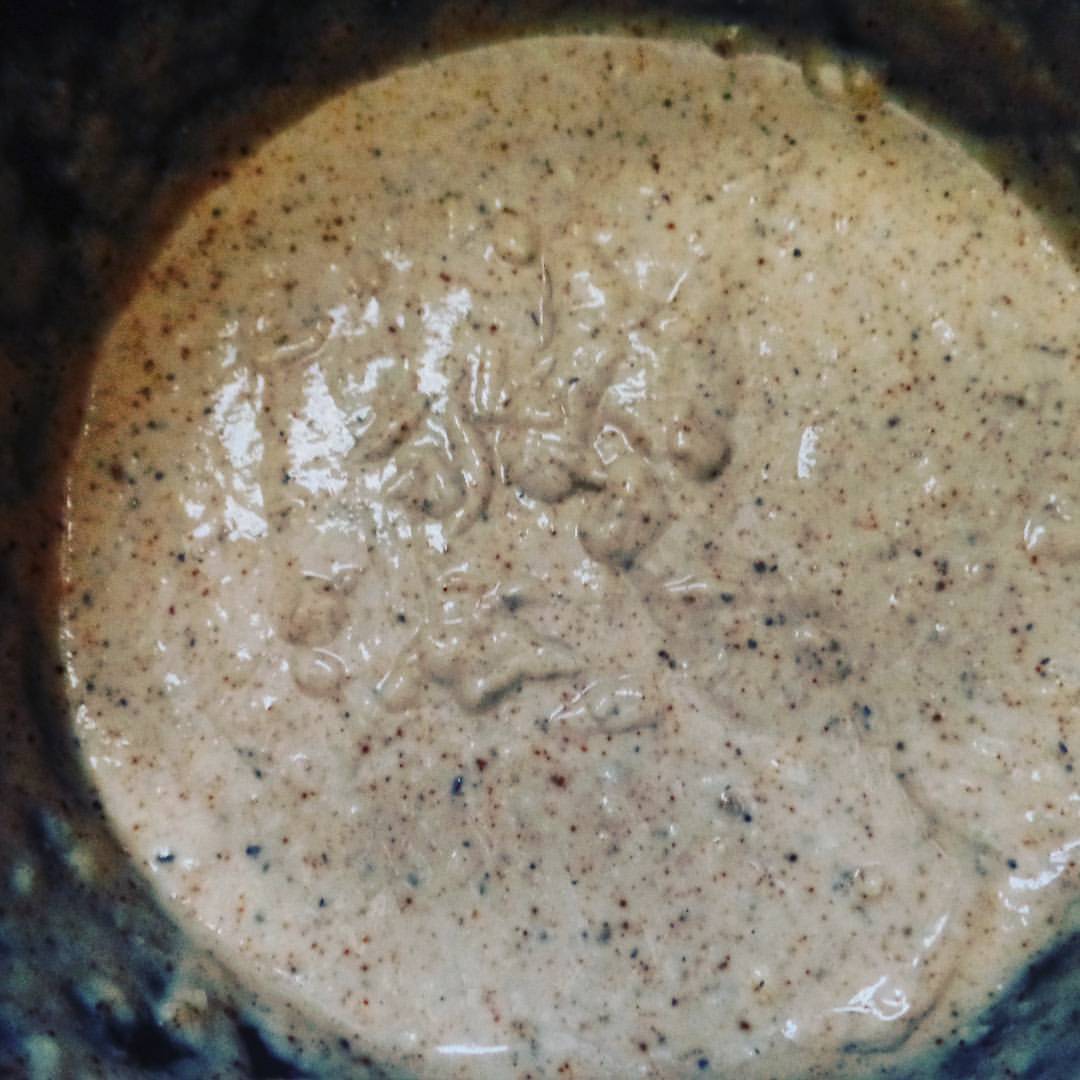This has been a big week for Bitcoin. On Monday, the Senate Committee on Homeland Security and Governmental Affairs held the first-ever Congressional hearing on Bitcoin. Later in the day, the currency's value reached an all-time high of more than $800. That has left a lot of people scratching their heads. What's Bitcoin? How do you use it? And why would anyone want to? Read on for answers. (Inspired by Max Fisher's classic explainer on Syria)

What's Bitcoin?
Bitcoin is an online financial network that people use to send payments from one person to another. In many ways, Bitcoin is similar to conventional payment networks like Visa credit cards or Paypal. But Bitcoin is different from those and other payment networks in two important ways. First, Bitcoin is decentralized. For-profit companies own the Visa and Paypal networks and manage them for the benefit of their respective shareholders. No one owns or controls the Bitcoin network. It has a peer-to-peer structure, with hundreds of computers all over the Internet working together to process Bitcoin transactions.
Bitcoin's decentralized architecture means that it is the world's first completely open financial network. To create a new financial service in the conventional U.S. banking system, you need to partner with an existing bank and comply with a variety of complex rules. The Bitcoin network has no such restrictions. People don't need anyone's permission or assistance to create new Bitcoin-based financial services. The second thing that makes the Bitcoin unique is that it comes with its own currency. Paypal and Visa conduct transactions in conventional currencies such as the U.S. dollars. The Bitcoin network, however, conducts transactions in a new monetary unit, also called Bitcoin.
That seems really weird! Why would anyone use a payment network based on an imaginary currency?
It is weird. Almost everyone who encounters the idea for the first time (including me) has the same reaction: That can't possibly work. But so far the market has proved the skeptics wrong:
This graph shows the price of one Bitcoin since the start of 2011 when the currency began to adopt mainstream attention. The price has been extraordinarily volatile — it lost more than 90 percent of its value between June and October 2011, for example. But there's also been an unmistakable upward trend. Notice that the chart is on a logarithmic scale. It shows the currency's value rising from around $0.30 at the start of 2011 to around $600 today. There are almost 12 million bitcoins in existence, so the Bitcoin "money supply" is now worth around $7 billion.
Bitcoin has captured the imagination of venture capitalists. A startup called Bitpay, which processes Bitcoin payments on behalf of vendors, raised more than $2 million earlier this year. Coinbase, a startup that helps consumers buy and sell bitcoins, has raised $5 million. And last month, a Bitcoin startup called Circle raised $9 million. Why are people so excited? Bitcoin enthusiasts believe that Bitcoin's peer-to-peer architecture and low barriers to entry will allow the creation of a new generation of innovative financial services, in much the same way that the Internet's open architecture led to innovative new online services. There are also many Bitcoin fans who see the currency as an antidote to the inflationary tendencies of central banks, though, as we'll see later, this argument for Bitcoin is misguided.
This just sounds like a bubble. Do people use the currency for anything besides speculation?
I just mentioned Bitpay. It provides a good sign of Bitcoin's growing popularity for "real" transactions. In September 2012, the company announced that it had signed up 1,000 merchants to use its service for accepting Bitcoin payments. Just a year later, the company said, it passed 10,000 merchants. Bitpay works with a wide variety of merchants. Some sell online services like Web hosting or virtual private networks. Others sell jewelry and electronics. There are even restaurants and cupcake shops that sell their wares for bitcoins.
And yes, Bitcoin has significant illicit uses. Programs like Satoshi Dice allow people to gamble online. Until recently, a Web site called Silk Road helped dealers sell millions of dollars of illicit drugs. It's hardly unusual for new payment technologies to attract illicit use. Pornography was a big draw for both the first VCRs and the early consumer Internet. New payment technologies often attract criminals looking for new ways to move their funds without government scrutiny.
Another application for bitcoins that is expected to become more important in the future is international payments. Right now, wiring money internationally involves slow, expensive and inconvenient services like Western Union. Bitcoin is international, and its fees can be much lower than conventional wire transfer services. There's still work to be done to make such a system affordable and user-friendly. But it has the potential to disrupt the international payment industry.
Who created Bitcoin?
No one knows for sure. The currency was created by a person who identified himself as "Satoshi Nakamoto." While the name sounds Japanese, Bitcoin's creator never provided any personal details. He collaborated with other early Bitcoin fans through online forums but never met with other members of the Bitcoin community face to face. Then, starting in 2010 he gradually reduced his involvement in the currency's development. His last known communication came in 2011.
We don't know who Satoshi Nakamoto is, but we do know that if he ever surfaces, he will be an extremely wealthy man. Millions of bitcoins were created in the currency's first two years, and Satoshi likely owns hundreds of thousands of them. At today's prices, he would be a millionaire many times over. Before leaving the scene, Nakamoto passed his torch to a mild-mannered developer named Gavin Andressen, who is currently the project's lead developer. Andressen now works under the auspices of the Bitcoin Foundation, the closest thing the anarchic Bitcoin community has to an official public face.
Where do bitcoins come from?
In a conventional financial system, new money is created by a central bank, such as the Federal Reserve. But the Bitcoin network doesn't have a central bank. So the system needed an alternative mechanism for introducing currency into circulation. Bitcoin's designer solved this problem in a clever way. As I said above, hundreds of computers scattered around the Internet work together to process Bitcoin transactions. These computers are called "miners," and Bitcoin's transaction-clearing process is called "mining." It's called that because for every 10 minutes, on average, a Bitcoin miner wins a computational race and gets a prize. Currently, that reward is 25 bitcoins, worth around $12,500. These prizes provide a strong incentive for more people to join in Bitcoin's transaction-clearing process, helping the currency to remain decentralized.
This reward declines on a fixed schedule: Every four years the reward falls by half. So, from 2009 to 2012, it was 50 BTC, now it's 25 BTC, and starting in late 2016 it will fall to 12.5 BTC, and so forth. If you do the math, you'll find that there will never be more than 21 million bitcoins in circulation. Right now, there are almost 12 million bitcoins in circulation, so the Bitcoin money supply will never be more than twice its current size.
Isn't that a huge problem? I learned in economics class that deflation can cause economic problems.
It's true that deflation has traditionally been associated with economic problems, but there's little reason to think this will be a problem for Bitcoin. That's because deflation is only a problem if it is what economists call a "unit of account" for a nation's economic system. Right now in the United States, salaries, mortgage payments, rents and other long-term financial commitments are priced in U.S. dollars. As a result, if the value of the dollar rises unexpectedly, these "sticky prices" can cause severe economic distortions. Unable to cut wages, employers have trouble making payrolls. Unable to renegotiate their debts, homeowners have trouble making their mortgage payments. Tenants get stuck with rents they can't afford. The result is a recession.
Hardly anyone uses Bitcoin as a unit of account. You'd be insane to sign a contract promising to repay a loan of 100 BTC in 10 years or to take a job where your salary was priced in bitcoins. Even the Bitcoin Foundation, which pays its employees in bitcoins, still sets its employees' salaries in dollars, converting employees' dollar-based salaries into the corresponding number of bitcoins on each payday. As a result, fluctuations in the value of bitcoins don't cause the kinds of economic disruptions that fluctuations in the value of traditional currencies do.
How do I get bitcoins?
One option is to mine them yourself, but that's not a good choice for beginners. For everyone else, your best bet is to purchase them with a conventional currency. Web sites known as exchanges will let you trade bitcoins for conventional currencies with other users. Even more convenient are companies like Coinbase, which will withdraw cash from your bank account and convert it to bitcoins at the current exchange rate. A few Bitcoin ATMs are popping up, which will directly trade paper money for Bitcoins. Here's a video of someone using a Bitcoin ATM in Vancouver:
Okay, I bought some Bitcoins. Now what?
Next you'll need a place to store them. Bitcoins are stored in "wallets," which in this case are just files that contain encryption keys, or secret codes that allow you to transfer your bitcoins to other people. There are several options. One is to store them yourself using one of the Bitcoin programs available for Mac, PC and Android. Another option is to entrust them to a third-party Web site known as a "online wallet." A third option is what's known as a "paper wallet," where you print out your encryption keys and store them in a safe place, such as a safe deposit box.
Each has risks. If you choose to store your bitcoins yourself, then you could lose them to a hacker, a hard drive crash or a lost mobile device. But if you choose to use a third party, you need to worry about that third party swindling you or becoming bankrupt. The Bitcoin market is largely unregulated, so there are few legal protections if you happen to choose the wrong online wallet service. Paper wallets avoid the pitfalls of other methods, but they're tricky to set up correctly, and of course you're out of luck if you lose the piece of paper.
Okay, I have some bitcoins and found a secure way to keep them. What do I do with them now?
There are thousands of Bitcoin merchants online who will sell you everything from jewelry to electronics to illegal drugs. You can also spend bitcoins in "real life." To spend them in person, you need a Bitcoin mobile app. Generally, the store you're buying from will show you a QR code representing the Bitcoin transaction. You then scan that QR code with your phone, and the mobile app will send the required number of bitcoins to the store. Then you walk out the door with your purchases.
Of course, right now the options for face-to-face Bitcoin transactions are rather limited. Earlier this year, Kashmir Hill of Forbes lived on Bitcoin for a week. Because she lived in tech-savvy San Francisco, she was able to find enough Bitcoin-accepting merchants to get by, but just barely. So Bitcoin is far from being a practical currency for day-to-day use.
Should I buy bitcoins?
Probably not. There are two reasons you might want to buy bitcoins: to purchase goods and services or for speculation. Right now Bitcoin isn't a very practical payment technology for ordinary users. The software is too complicated, and the risk of loss due to hackers, forgotten passwords, hard drive failures and so forth are too large. Also, Bitcoin is extremely volatile right now, so your wallet could go from having $100 worth of Bitcoins one day to $50 the next. And right now, as Hill discovered, the technology just isn't used widely enough to make it a useful option to have in your pocket or purse. For most people, conventional payment technologies like credit cards are going to be more convenient.
What about speculating on Bitcoin? Once again, the currency probably isn't a good choice for ordinary users. The security and reliability risks of Bitcoin loom much larger if you invest thousands of dollars in the currency. You don't want to run the risk of losing thousands of dollars because you forgot a password or had an unexpected password failure. And the currency is extremely volatile. It might keep going up, but it could also lose 90 percent of its value next week. In other words, you should only jump on the bandwagon if you have a strong stomach.
If people shouldn't buy bitcoins, then what is all the fuss about?
Once again, the analogy to the Internet is instructive. Until the 1990s, the Internet wasn't a practical technology for ordinary folks to use, either. It used complicated text-based programs, and you had to be a computer expert to use it effectively. But it would have been foolish for an observer in 1990 to dismiss the Internet as too nerdy for mainstream use. Over time, entrepreneurs took the basic infrastructure of the Internet and built innovative and user-friendly online services such as Google, Facebook and YouTube.
Bitcoin boosters are betting that the same will happen with Bitcoin. The "raw" bitcoin network isn't very accessible, but startups like Coinbase and Bitpay are slowly fixing that. Some day soon, someone may develop Bitcoin's "killer app," a program that provides a financial service that has clear advantages over conventional banking. That might be an international money-transfer network with lower fees, a practical system for online micropayments, or something else that no one has thought of before.
Could bitcoins ever replace conventional money?









